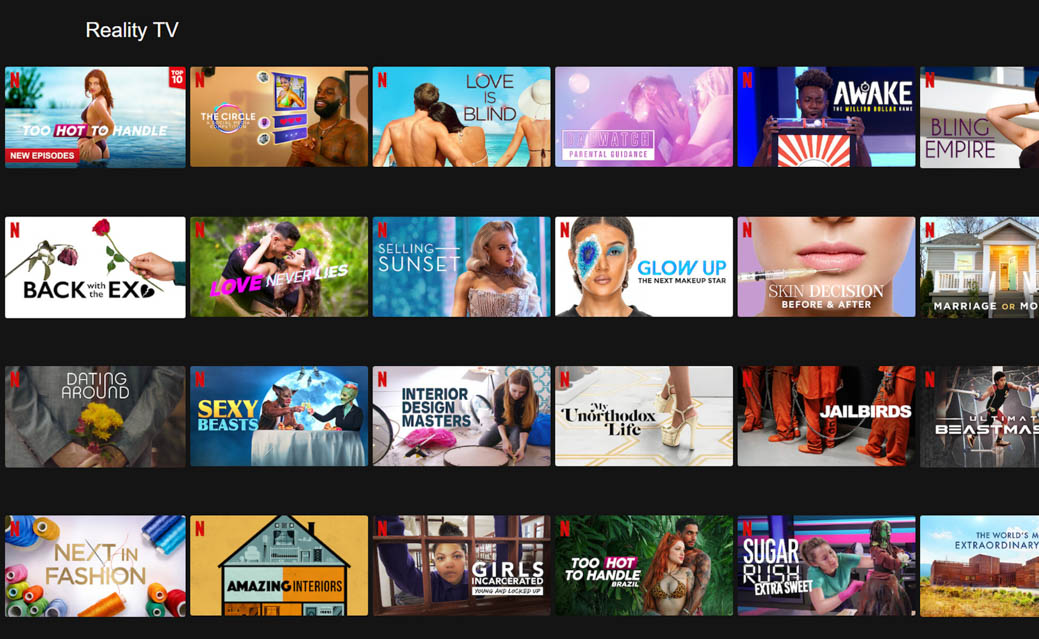The Dilemma of Reality TV
Questioning the guilty pleasure of watching other people’s lives.
Up until I was about eighteen years old, the only reality television I consumed was the competitive type—you know the ones, The Amazing Race and American Idol. The kind of reality television that seems family-friendly and nearly void of production’s meddling. I was livid at ten years old when everyone at school made G.T.L jokes while my mother banned me from watching Jersey Shore; her defence was that the show was a bad influence (completely fair, in retrospect). So, like half the people my age, my impression of reality television as a child was that it was bad, raunchy, and frankly, dumb.
This view changed when I could not find anything decent to watch on a Monday night and stumbled upon The Bachelorette. By the end of the two-hour episode, I was completely hooked. This reality television that I was always taught was bad, raunchy, and dumb was actually wildly entertaining. I felt awful watching it, but I could not stop.
So, what is it about reality television that makes it so addicting? There are a few theories I have, and I will warn you that none of them are completely flattering. The first is that we watch reality shows like The Bachelor or 90 Day Fiancé because it gives us a little bit of an ego boost. These shows feature real people in their most vulnerable states, making decisions that seem so based in emotion that an audience sitting at home will pity them while feeling better about their own, logical life decisions.
This feeling of moral superiority often does not come from watching scripted programs the way it does with reality shows. Although the conscious viewer may understand that there are editing tricks and emotional manipulation at play, the fact that we are presented with real people making very real mistakes is enough for us to feel like we are above these people, as we sit safely in our living rooms.
Theory number two is neither new nor mine, but as with any form of media we consume, we find an easy escape through reality television. Reality television is produced for many reasons—one being for the audience that has had a super stressful day and just wants to sit down and watch something that will require absolutely no critical thinking. Can you watch a show like Too Hot to Handle and think critically about it? Of course, like how it glamourizes unhealthy relationships with our bodies, sex, and money. But that is not the goal. The goal is to sit down and not have to think anymore, to just simply enjoy the entertainment that these real people are providing. The escape comes from watching people in situations we either desire to be in or situations we would want to avoid our entire lives, like wishing to fall in love the way people do on Love Island while thanking God we have no part in their screaming matches. Either way, we escape into these overproduced bubbles of what real life is supposed to be.
The final theory possibly paints reality television and its audience in a better light. Perhaps we watch reality shows because we believe in happy endings, which we get at the end of every season—we get a winner! Every single reality show tries its best to bring some sort of positivity to the viewers amid the chaos and drama, and some of us watch it just for that. Seeing something good come out of a mind-numbing show is enough validation and justification for reality television to continue being so popular—whether we like it or not.

